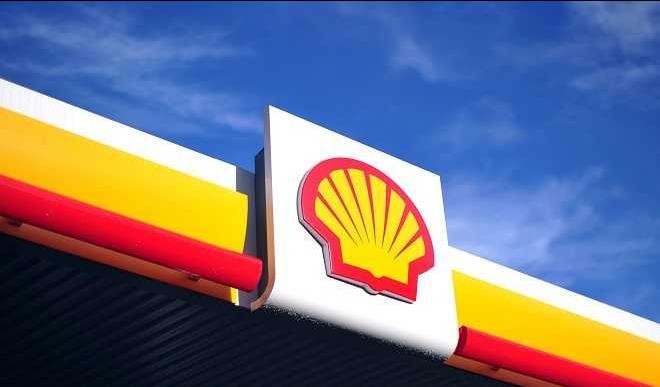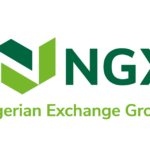Royal Dutch Shell with strong presence in Nigeria’s petroleum industry upstream sub-sector through its subsidiary Shell Petroleum Development Company (SPDC), has cut its dividend for the first time since World War II following the collapse in global oil demand due to the coronavirus pandemic.
This is even as the energy giant also suspended the next tranche of its share buyback programme, following a 46% drop in first-quarter net income to $2.9bn (£2.3bn). A news report sourced from BBC.com indicated that Shell would be cutting its quarterly dividend by two-thirds, from 47 cents to 16 cents, starting in the first quarter of this year.
The company said it had also cut activity at its refining business by up to 40% in response to the sharp fall in demand for oil.
The company’s Chief Executive Officer, Ben van Beurden, was quoted as expressing some concern about the “continued deterioration in the macroeconomic outlook”.
He said Shell was taking “further prudent steps to bolster our resilience” and “underpin the strength of our balance sheet”.
Cutting the dividend for the first time in 80 years will give the company some much-needed financial relief.
The company debt has ballooned from $1bn in 2005 to $73bn today. During that same period, it’s paid out $153bn in dividends and spent $48bn buying back its own shares. That could not go on.
Also, the energy industry leading company is in the process of trying to turn itself away from being thought of as an oil and gas company into an environmentally-conscious energy company.
It may be painful for pension funds, but this moment gives the company the cover it needs to change direction. BP may be kicking itself it didn’t do the same earlier this week.
Over the past few months, global demand for crude oil grades has shrank significantly as the COVID-19 pandemic impact had compelled governments across the world to lockdown their territories thereby stalling economic and social activities.
As a result of the lingering ugly development, oil firms have resorted to renting tankers to store the surplus supply until last week when they were no longer to take delivery of new supplies. Since then, global oil market prices have maintained a sustained slide.
Industry analysts believe that the collapse in the oil price has given Shell the perfect opportunity to do something it has been wanting to do for years.

 Join Daily Trust WhatsApp Community For Quick Access To News and Happenings Around You.
Join Daily Trust WhatsApp Community For Quick Access To News and Happenings Around You.


